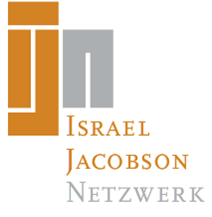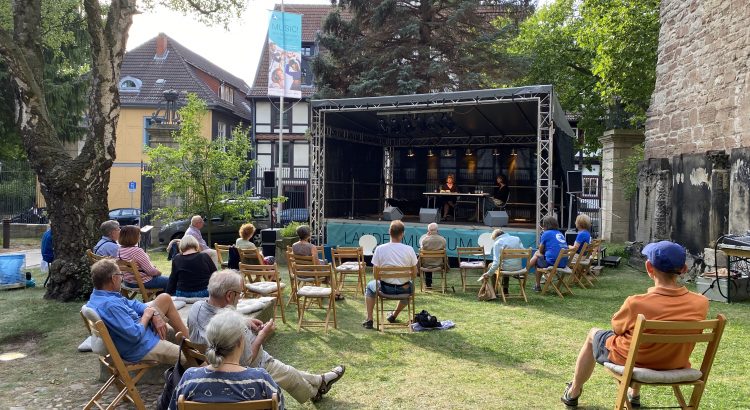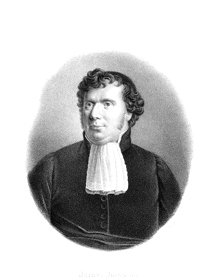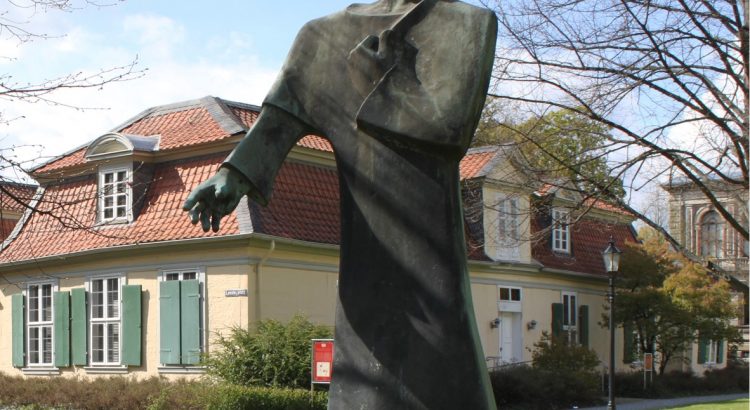Region for Enlightenment and Tolerance
In our region, which can be considered a "model region" of German-Jewish culture and history since the time of the Enlightenment, there are numerous authentic places, fascinating topics and remarkable personalities of German-Jewish culture and history. Some of them are still waiting to be discovered and appropriately presented to a broad public.
Jewish culture and history in the region
As early as the Middle Ages, there were significant Jewish communities in the towns between the Harz Mountains and the Heath. However, they perished in the pogroms of the late Middle Ages and early modern times. Since the 18th century, the region has once again gained great importance for the history of German-Jewish culture. Fascinating places, ensembles and objects still bear witness to this today. The Braunschweig chamber agent Alexander David (1687-1765) was one of the most important Jewish court factors in the German nation and is regarded as the founder of the Jewish community of Braunschweig. He was one of the first to make his Judaica collection accessible to the public. In doing so, he established the tradition of exhibiting Jewish objects, which is continued today by the Braunschweig State Museum. Its exhibition centre Hinter Aegidien houses parts of David's collection as well as the interior of the synagogue in Hornburg as its main exhibit.
About Lessing and Mendelssohn
In Wolfenbüttel, the former seat of the principality of Braunschweig-Wolfenbüttel, the Enlightenment writer and librarian at the Herzog August Library, Gotthold Ephraim Lessing, and his friend, the Jewish philosopher Moses Mendelssohn, met in Lessing's home, now the Lessing House. Lessing memorialised the founder of the Jewish Enlightenment in his drama "Nathan the Wise" with the character of Nathan. Lessing created this work, a key document of enlightened tolerance, in his study, which can be visited today.
Jewish education, Jewish engagement
With the Samson School, founded in Wolfenbüttel in 1786/1796, another educational institution widely known in the Jewish world existed in the region until the 20th century. Among others, Leopold Zunz, one of the founders of the science of Judaism, and Samuel Spier, one of the founding fathers of the SPD, taught there. The impressive school building in Wolfenbüttel has been preserved to this day.
Jews often strove very successfully in the 19th century to be recognised as part of the middle classes. Industrialists like Max Jüdel (1845-1910) from Braunschweig, founder of the Eisenbahn-Signal-Bauanstalt (today Siemens), made outstanding contributions to the economic development of the region. However, in keeping with Jewish tradition, they were also active as philanthropists and benefactors - not only for the Jewish community, but for all citizens. The Gifhorn Cider Ball, which still takes place today, goes back to a donation by Alexander Menke, an honorary Jewish citizen of the city.
Two other places of Jewish cultural history in the region that are of supra-regional significance can also be traced back to the foundation of a Jewish entrepreneur: the agricultural training centres of the Simon'sche Foundation in Steinhorst (district of Gifhorn) and Peine, founded in 1909 and 1912 respectively, where Jews were trained in agriculture and horticulture in order to better integrate them into society. The architect of the two institutions, which have been preserved as buildings, was Heinrich Tessenow, one of the pioneers of modern architecture.
Verfasst von Viktoria Möslinger-Gehmayr



